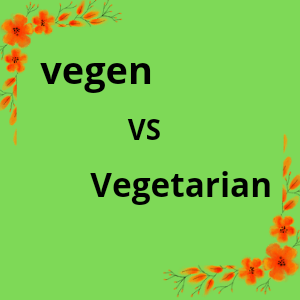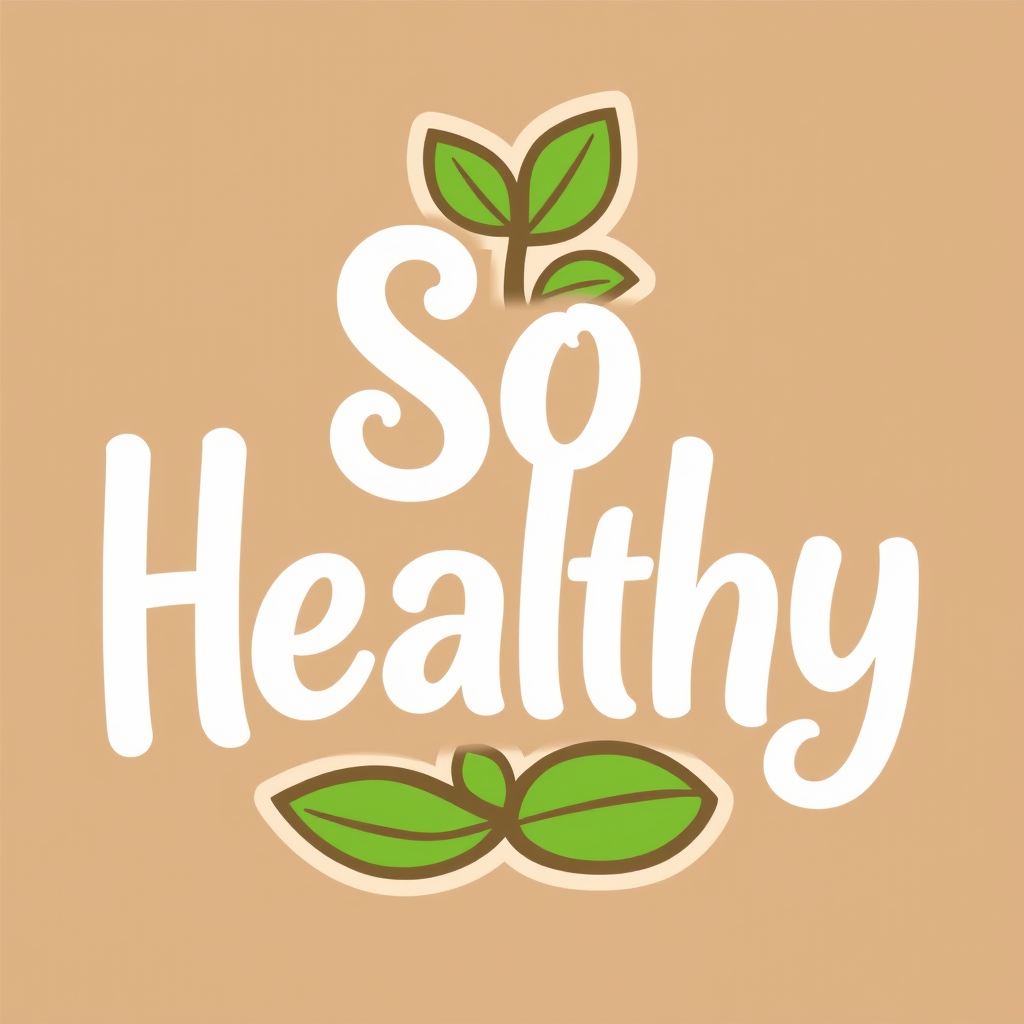
The key difference between vegan and vegetarian diets lies in the scope of animal products they exclude.
Vegan:
- Excludes all animal products: Vegans do not consume any animal-derived foods or byproducts. This includes:
- Meat (beef, chicken, pork, etc.)
- Poultry
- Fish and seafood
- Dairy products (milk, cheese, butter, etc.)
- Eggs
- Honey
- Any products made from animal ingredients (e.g., gelatin, casein)
- Philosophy: Many vegans extend their practice beyond diet, avoiding animal products in clothing (leather, wool) and personal care products tested on animals.
Vegetarian:
- Excludes meat and fish: Vegetarians do not eat the flesh of animals, but may consume other animal-derived products.
- Some common types of vegetarian diets include:
- Lacto-vegetarian: Includes dairy products, but not eggs.
- Ovo-vegetarian: Includes eggs, but not dairy.
- Lacto-ovo vegetarian: Includes both dairy and eggs.
- Some common types of vegetarian diets include:
- Includes: Vegetarians typically consume:
- Dairy products (milk, cheese, butter)
- Eggs
- Honey
Summary of Differences:
Animal byproducts: Vegans exclude all animal byproducts, while vegetarians allow some (like dairy and eggs).

Lifestyle: Veganism is often a broader ethical stance against animal exploitation, not just a diet.
Both diets can provide health benefits, but vegans may need to focus more on getting nutrients like vitamin B12, iron, calcium, and omega-3 fatty acids, which are abundant in animal products.

Leave a Reply